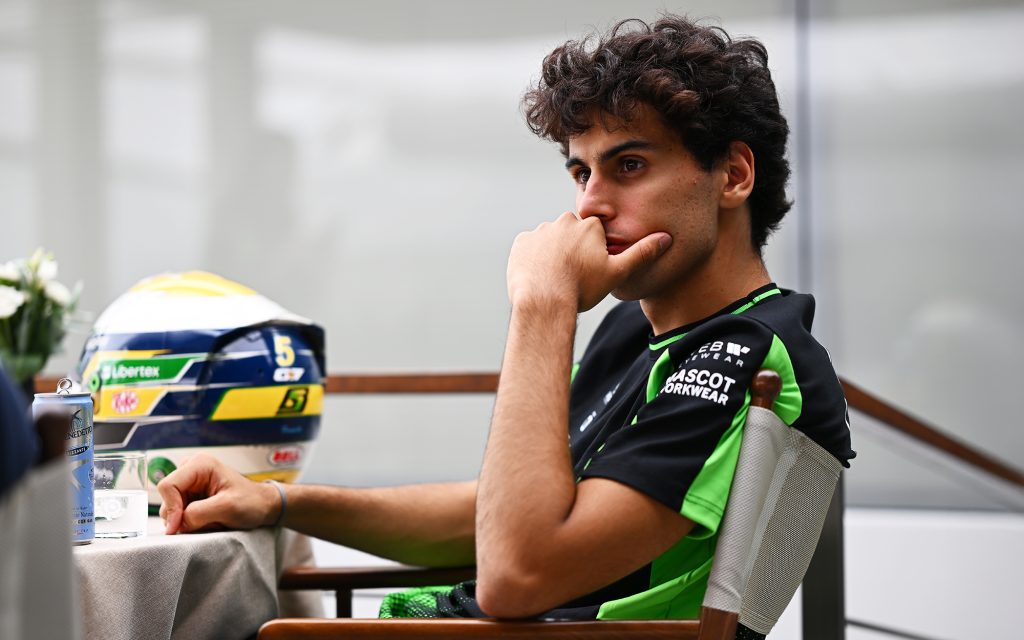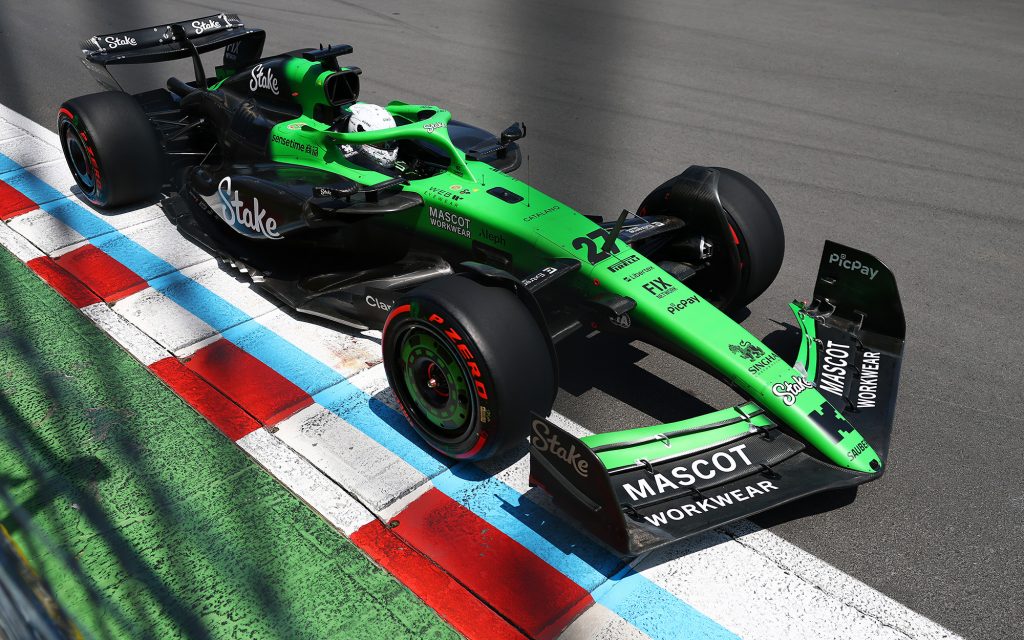Reporting based on story published in The Independent
Audi CEO Gernot Döllner has opened up to the UK’s Independent about the brand’s decision to enter Formula 1 in 2026, admitting he was once doubtful about the move but is now convinced it is both necessary and timely. Speaking to The Independent, Döllner offered a candid look at the thinking behind Audi’s commitment.
“In my role as head of strategy of Volkswagen Group, I was quite skeptical regarding looking at Formula One,” he explained. That admission reflects concerns that many enthusiasts and executives shared when the project was first announced, particularly given the enormous costs, the cutting of Le Mans and customer racing programs, and competitive challenges in F1.
However, Döllner says his view shifted after becoming Audi CEO in September 2023 and gaining a clearer picture of where the sport is heading. He described the decision point bluntly: “There are two ways to do it: you do it right or you step out. There is no halfway because halfway you are the back part of the field.” This quote underscores why Audi opted for a full takeover of Sauber, ensuring the program is a true works effort rather than a badge exercise.

Döllner also highlighted the importance of the driver pairing, which includes veteran Nico Hülkenberg and Brazilian rookie Gabriel Bortoleto. On Bortoleto, he said: “He’s just an outstanding talent in combination with being such a hard worker.” For Audi, this mix of experience and youthful drive mirrors the wider balance they are seeking: proven know-how to guide development, alongside fresh energy to accelerate progress.
Another decisive factor for Döllner was the looming overhaul of F1’s technical regulations. He called it “the biggest change in Formula One ever.” The new rules, set for 2026, include lighter cars, new aerodynamic profiles, and hybrid power units that place greater emphasis on electrical efficiency. For Audi, entering at the moment of such sweeping change offers a better chance to compete with established giants like Mercedes, Ferrari, and Red Bull.
Still, Döllner is clear-eyed about the scale of the task. He noted the team is currently staffed at about 700, while leading outfits employ closer to 1,100. He described the current state simply as a “build-up phase.” The acknowledgment reinforces how much development lies ahead in the next two years, both in resources and culture.

Finally, Döllner made the case for why F1 aligns with Audi’s broader mission: “Motorsport and Audi fit perfectly, and it will also energize our organization… From technology, you mostly learn that efficiency is a key topic in Formula One and efficiency is a top topic in our series products. But the most we learn is from leadership and the team, how speed is organised, how fast decision-making is organized.”
This quote gets to the core of Audi’s rationale: F1 is not only a marketing tool but a crucible for culture and innovation. The focus on efficiency perhaps fits Audi’s electrification strategy more closely than GT racing for example, while the emphasis on leadership and speed in decision-making highlights lessons that can be applied across the company’s global operations. The move comes at a cost, especially when viewed by Audi Sport’s existing fan base more dialed in to GT and Le Mans prototype racing. Even still, new challenges are important for a brand that has proven its mettle (at least for now) in those venues already.
Audi’s full works debut is set for March 2026 at the Australian Grand Prix in Melbourne — a moment Döllner and Audi enthusiasts alike are watching closely as the brand enters motorsport’s most demanding arena.


